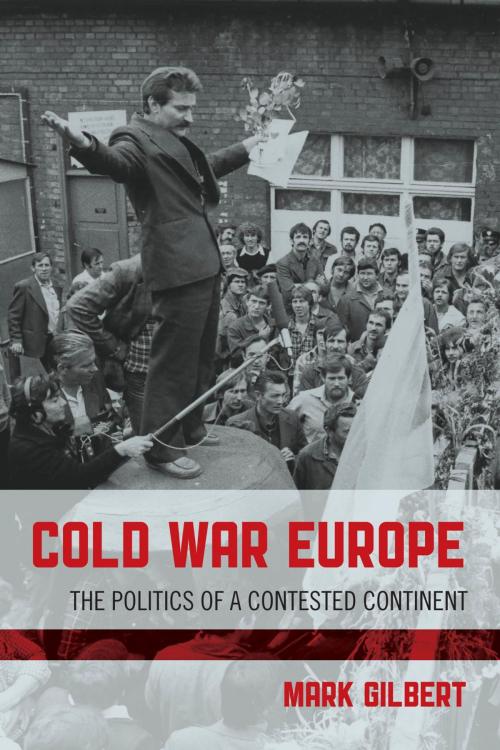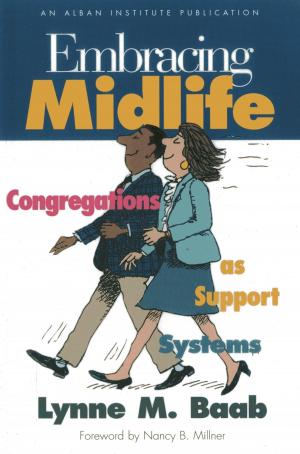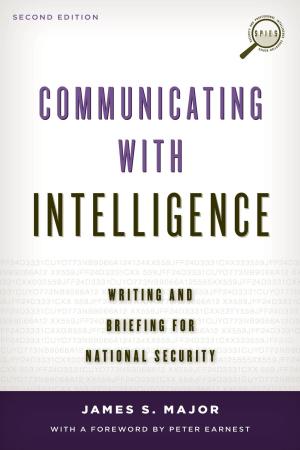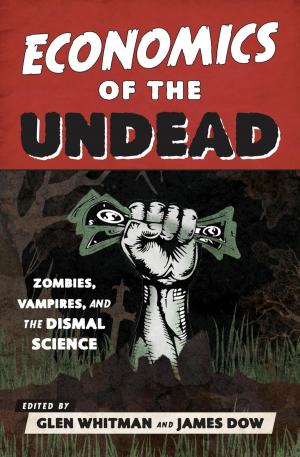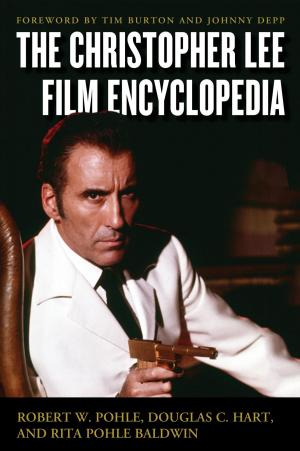Cold War Europe
The Politics of a Contested Continent
Nonfiction, History, World History, European General, Modern, 20th Century| Author: | Mark Gilbert | ISBN: | 9781442219861 |
| Publisher: | Rowman & Littlefield Publishers | Publication: | December 18, 2014 |
| Imprint: | Rowman & Littlefield Publishers | Language: | English |
| Author: | Mark Gilbert |
| ISBN: | 9781442219861 |
| Publisher: | Rowman & Littlefield Publishers |
| Publication: | December 18, 2014 |
| Imprint: | Rowman & Littlefield Publishers |
| Language: | English |
This compelling history of Europe’s Cold War follows the dramatic arc of the conflict that shaped the development of the continent and defined world politics in the second half of the twentieth century. Focusing on European actors and events, Mark Gilbert traces the onset of the Cold War, the process of Stalinization in the Soviet bloc, and the difficulties of legitimation experienced by communist regimes in Hungary, Poland, and East Germany even after Stalin’s death. He also shows how Washington’s leadership and worldview was contested in Western Europe, especially by Great Britain and French president Charles de Gaulle. The book charts the growing weakness of the communist system in Eastern Europe and the economic and moral reasons for the system’s eventual collapse. It highlights the central role of European leaders in the process of détente and in the diplomatic endgame that concluded the Cold War in 1990. Rather than simply a strategic standoff between the superpowers, Gilbert argues, the Cold War was a social and ideological conflict that transformed Europe from Lisbon to Riga. Fast-paced and readable, this political, intellectual, and social history illuminates a conflict that continues to resonate today.
This compelling history of Europe’s Cold War follows the dramatic arc of the conflict that shaped the development of the continent and defined world politics in the second half of the twentieth century. Focusing on European actors and events, Mark Gilbert traces the onset of the Cold War, the process of Stalinization in the Soviet bloc, and the difficulties of legitimation experienced by communist regimes in Hungary, Poland, and East Germany even after Stalin’s death. He also shows how Washington’s leadership and worldview was contested in Western Europe, especially by Great Britain and French president Charles de Gaulle. The book charts the growing weakness of the communist system in Eastern Europe and the economic and moral reasons for the system’s eventual collapse. It highlights the central role of European leaders in the process of détente and in the diplomatic endgame that concluded the Cold War in 1990. Rather than simply a strategic standoff between the superpowers, Gilbert argues, the Cold War was a social and ideological conflict that transformed Europe from Lisbon to Riga. Fast-paced and readable, this political, intellectual, and social history illuminates a conflict that continues to resonate today.
